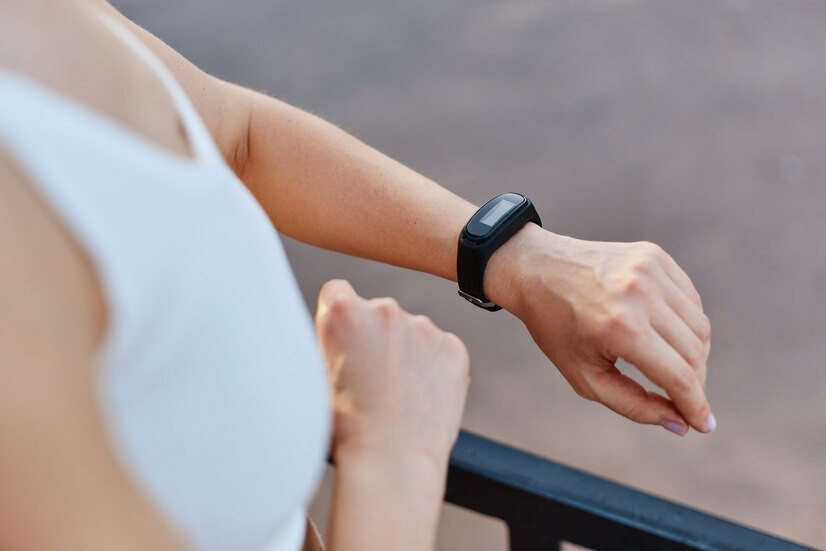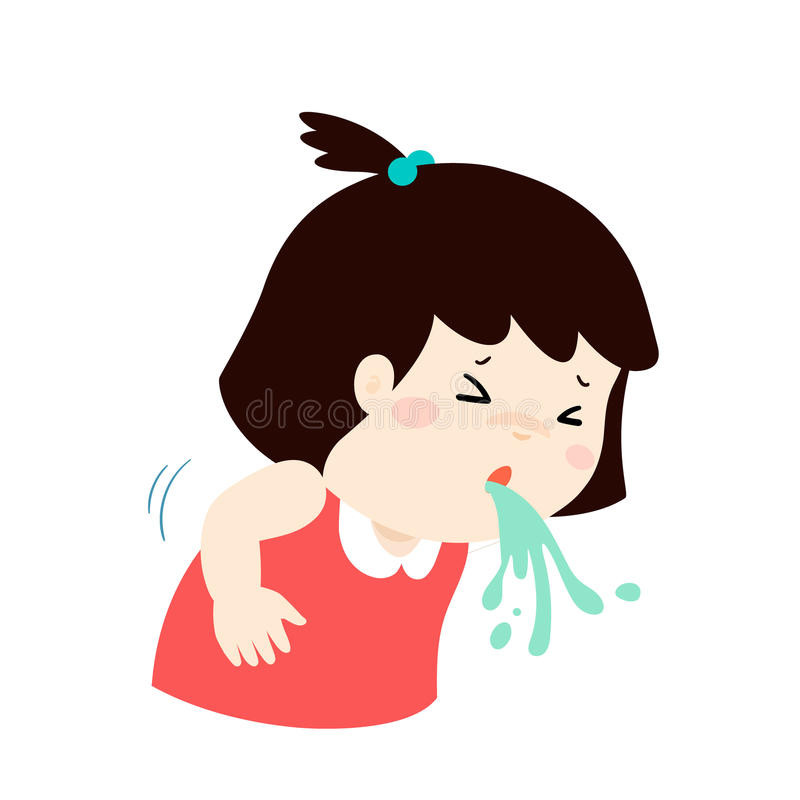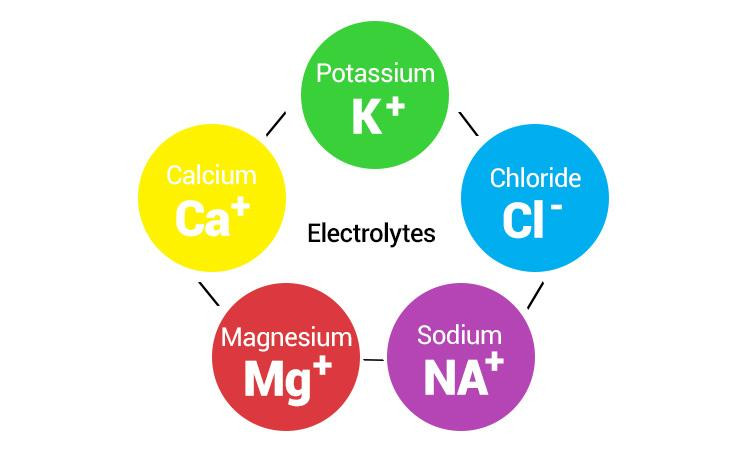Definition
Dehydration occurs when your body doesn't have enough fluids to function properly. Fluid makes up 55-60% of your body. For newborns, 78% of their body is water, while for 1-year-old children, it's 68%. Symptoms of dehydration can appear with a 1.5% loss of body fluids. Water has important roles in the body, including:
- Aids in digestion and elimination of waste products
- Helps with joint movement and acts as a lubricant.
- Produces saliva for chewing and digesting food.
- Balances and aids the performance of bodily functions; for instance, your brain requires water to form hormones and neurotransmitters.
- Conducts oxygen throughout the body
- Cushion your bones
- Regulates body temperature
Water is essential for the body, especially during the summer when the body's evaporation rate is high. When you exercise, your muscles generate heat from the energy you burn, so your body requires water to help regulate its temperature through sweating. However, excessive sweating can reduce the body's water content, so when you exercise, you are also at risk of dehydration if you do not drink enough fluids.
Causes
Dehydration occurs when you do not drink enough water or lose it quickly, such as sweating in hot weather, vomiting, or diarrhea. Some of the causes of severe dehydration include the following:
Heat
Excessive sweating caused by high temperatures, such as in hot climates or too much time in a sauna, can cause dehydration.
Illness, especially gastrointestinal disorders
Illnesses that cause diarrhea or vomiting can result in a rapid loss of body fluids. If you are vomiting or diarrhea and are unable to replace lost fluids, you may be at risk of severe dehydration.
Not drinking enough or often
You can become dehydrated if you do not drink enough water to stabilize your fluid levels.
Medications
Certain medications, such as diuretics for high blood pressure, can cause the body to lose fluid rapidly.
Risk factor
Dehydration can affect anyone who doesn't drink enough fluids, but toddlers and children are especially at risk because their smaller bodies can lose water quickly. This is because a large portion of their bodies is made up of water. When children are sick, they may become dehydrated because they might not be able to communicate their thirst effectively.
Aside from children, the elderly are at high risk because the body's ability to store water reserves has decreased and the body's thirst signals do not function properly. The elderly are also too lazy to drink enough fluids due to muscle stiffness and impaired activity and movement. Elderly people who use certain medications, such as diuretics, must maintain adequate fluid intake.
Symptoms
Symptoms of severe dehydration include:
Thirst
Thirst is the first sign of dehydration. When you feel thirsty, your body tells you your fluid levels are dropping.
Decreased urination
Dehydration can also be indicated by less frequent and infrequent urination and darker urine.
No urination
If you have not passed any urine in more than 6 hours, you may be severely dehydrated and should see your doctor right away.
Not sweating
Without enough fluid to function normally, your body cannot adapt to the heat by sweating, which can cause abnormal reactions, particularly in hot weather, such as heat stroke and heat exhaustion.
Headaches and confusion
Headaches and confusion are among the symptoms of moderate dehydration. If these symptoms worsen and you have difficulty concentrating and communicating, please seek medical attention immediately. Decreased consciousness is the next sign of shock, so get to the hospital immediately for emergency treatment.
Poor Turgor
Poor turgor or skin water pressure occurs when the skin takes longer to recover from a minor pinch or appears wrinkled with age.
Dry mouth and lack of tears in infants and children.
When a child cries, look for dry oral mucosa and a lack of tears, indicating a severely depleted body fluid. If the child is reluctant to drink and appears sleepy, immediately take them to the hospital.
Cold hands and feet
Cold, palpable hands and feet are signs of shock caused by decreased blood circulation to the extremities due to low fluid levels.
Diagnosis
The doctor will ask you questions about your medical history, medication use, and previous activities. Vital signs such as blood pressure, heart rate, and body temperature will be measured. If blood pressure and heart rate rise above normal levels, dehydration is likely; however, if blood pressure drops, severe dehydration occurs, and shock is possible if not treated properly.
Some laboratory tests can be performed to diagnose dehydration, such as:
- Low sodium or sodium concentration in urine
- Elevated serum and plasma osmolality. This measures your blood plasma concentration
- Elevated creatinine. This test includes kidney function, and elevated creatinine is a sign of dehydration
- Elevated blood urea nitrogen. This test also relates to kidney function
Management
The main treatment for dehydration is to restore the body's fluid balance. You can also increase your hydration level by mixing oral rehydration sachets into your water to help recover lost electrolytes. However, the treatment for dehydration depends on the symptoms, age, general health, and severity of the condition. Please take medical attention if your dehydration is caused by diarrhea, nausea, or a high fever.
Moderate to severe dehydration necessitates immediate treatment so you will require intravenous fluids as soon as possible. Most intravenous fluids are saline, made up of water, sodium, and other electrolytes. Fluids obtained through intravenous fluids are absorbed more quickly by the body, making it faster to rehydrate than orally. While in the hospital, your blood pressure and heart rate will be monitored to ensure that your vital signs return to normal.
Complications
Severe dehydration, if left untreated, can cause kidney and brain damage, as well as death. Some of the possible complications include:
- Kidney failure
- Shock
- Heatstroke
- Seizures due to electrolyte loss
- Decreased consciousness leading to brain damage
Prevention
Adults should consume approximately 2 liters of fluid per day. Drinking 12 glasses (8 ounces) of fluid daily can help you achieve this goal. If you are in hot weather or exercising, drink more than the recommended amount. Drinks can include water, fruit juices, sports drinks (but be aware of the sugar content, especially if you have diabetes), and other electrolyte-containing beverages. Drink water when you feel thirsty, and keep track of fluid consumption, especially in children and the elderly.
Symptoms of dehydration usually improve within 5 to 10 minutes of drinking water. If you have kidney or heart problems, consult your doctor about how much and what type of fluids you should drink to avoid dehydration, as excess fluids can build up in the body and harm your health.
When to see a doctor?
Contact your doctor right away if you experience:
- Diarrhea more than 5 times a day
- Continuous vomiting
- Blood (red or black) or mucus found in the stool or vomit fluid
- Severe abdominal pain
- Swollen abdomen
- Fever of 38°C or higher
Go to the emergency room immediately if you experience :
- Weakness
- Dizziness or fainting
- Confusion
- Coldness in your hands and feet
Looking for more information about other diseases? Click here!
- dr. Benita Kurniadi
Mayo Clinic. (2021). Dehydration. Retrieved 19 December 2022, from https://www.mayoclinic.org/diseases-conditions/dehydration/symptoms-causes/syc-20354086#
Strachan SR. (2017). Management of severe dehydration. Journal of The Intensive Care Society. Available from: https://journals.sagepub.com/doi/10.1177/1751143717693859
Lacey J. (2019). A multidisciplinary consensus on dehydration. Annals of Medicine. Available from: https://www.tandfonline.com/doi/full/10.1080/07853890.2019.1628352











